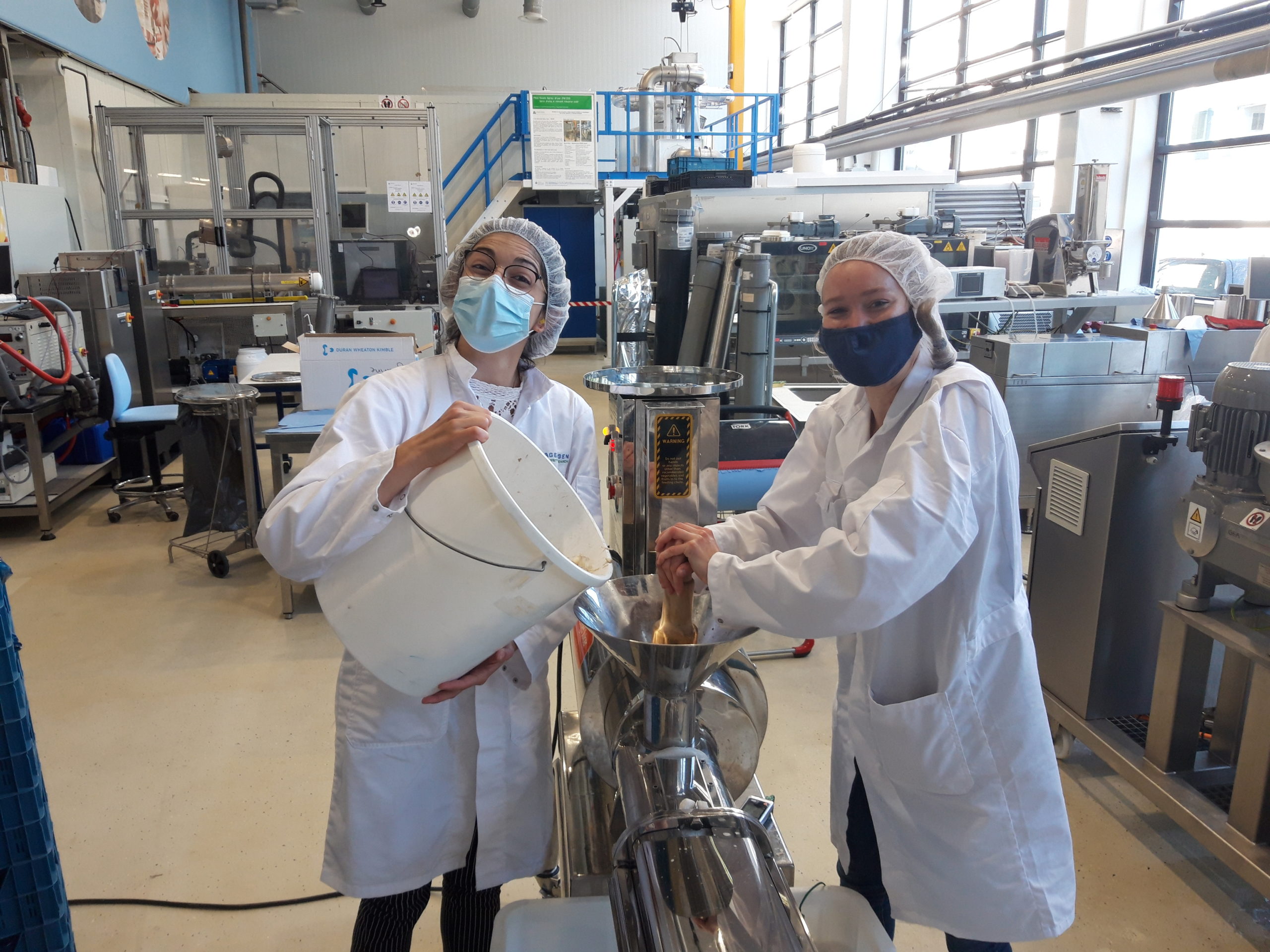PhD candidate Ina Hellmich investigates how flavour affects our perception of nicotine products and how this compares to flavour in foods. ‘To the best of my knowledge, there are no e-cigarettes with a cheese flavour, while we enjoy chees as a food product.’
Tobacco producers excel at finding new ways to promote their products. Scientists then reveal the products’ harmful effects, which leads to government regulations for that specific product. PhD candidate Ina Hellmich (Sensory Science and Eating Behavior): ‘This is what occurred years ago for flavour-enhanced cigarettes, and now, the same is done for flavoured e-cigarettes. This method keeps lagging behind.’ With her research, conducted in collaboration with the RIVM (National Institute for Public Health and the Environment), she aims to generalise how flavour affects the attractiveness and addictiveness of nicotine products.
Savoury e-cigarettes
Hellmich and her colleagues exposed test subjects to images of food products and e-cigarettes with sweet or savoury flavours. They placed the participants in an fMRI scanner that displayed images of vapes or foods and administered sweet or savoury aromas via vials to the nose. They then asked the subjects how tasty the e-cigarettes were to them and how great their desire to consume said product was. They distinguished between smokers and non-smokers in analysing the results.
We can not compare our knowledge about sensory perception of food to vaping
Ina Hellmich, PhD candidate
‘The most shocking result is that both smokers and non-smokers showed the same level of desire to consume e-cigarettes. Non-smokers experienced the same desire as smokers.’ Hellmich expected that nicotine addiction would increase the score for smokers.
Furthermore, all participants enjoyed sweet vapes as much as sweet foods. ‘This applies to smokers and non-smokers alike. Humans are biologically programmed to enjoy sweet foods. At the same time, neither smokers nor non-smokers showed any desire to consume savoury e-cigarettes, while both groups enjoyed savoury foods. This shows that we can not compare our knowledge about sensory perception of food to vaping.’
Undesirable to non-smokers
In her study, Hellmich did not find flavours that attracted smokers but repelled non-smokers. ‘Should the study have shown that smokers were attracted to savoury vapes, while non-smokers were not, this would have allowed policy-makers to, for example, allow only those flavours to be sold. Thus mitigating the risk of non-smokers becoming smokers.’
Since the start of this year, e-cigarettes with added flavours other than that of tobacco have been banned from the market. ‘Our research substantiates this decision as a method to protect non-smokers. But, the Netherlands is small, and other countries do not have similar laws. This data could serve to inform other countries.’

 ‘Humans are biologically programmed to enjoy sweet foods, including sweet e-cigarettes.’ Photo Unsplash
‘Humans are biologically programmed to enjoy sweet foods, including sweet e-cigarettes.’ Photo Unsplash 

